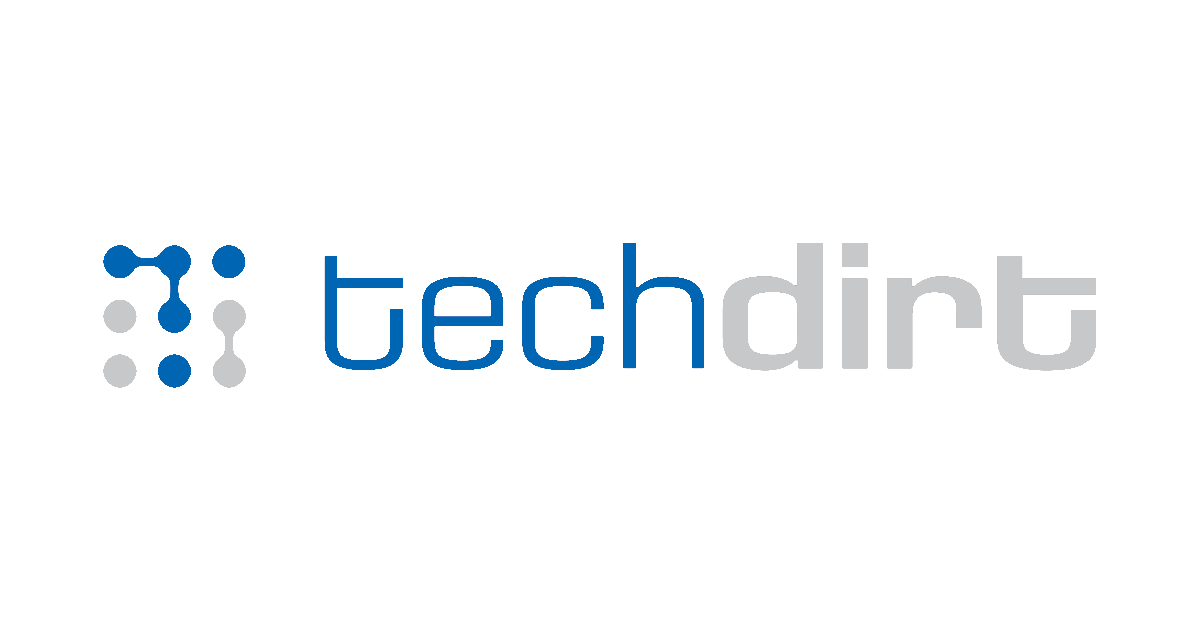- cross-posted to:
- [email protected]
- cross-posted to:
- [email protected]
I think decentralization is going to be the next thing that moves social media forward. Who will do that, i don’t know, but it feels like that’s the next great offering in the space.
My impression is that a honeymoon period is coming to a close and a consensus of disappointments and critiques is settling in. Where it goes in the short-medium term isn’t clear and there’s plenty of room for the “revolution” to fail.
I think many have been exposed to plenty of great ideas about the sort of things that are possible, but I wouldn’t be surprised if they don’t quite take root right now. I suspect, unfortunately, on the whole, energies just aren’t being spent in the right ways. At some point the whole user experience needs to be accounted for.
If decentralized platforms don’t learn that user interface designers are desperately needed, decentralization is not going to succeed. There’s a reason that tech has a certain look and feel that emerged in the early 2000s and parts of it have stayed around. People often need a lot of hand-holding and information at their fingertips to accept a platform.
Are there specific parts that you think need updating? I’m working to become a developer and come from a design background, so I’m interested in this.
It’s the interface as a whole, not just the front end skin. To expand upon my thoughts, I think that many tech literate people do not understand how much of a hurdle it is to understand decentralized platforms. I’m not sure what the best route forward is, but I think interviews with non-tech literate people is a key component. I don’t consider myself as someone who works in tech, despite being someone who does ‘tech literate’ things - professionally I’m a data scientist and I grew up in silicon valley, so there’s a lot of tech concepts that I understand, but even I found decentralized platforms a bit daunting to understand.
I think most individuals are not interested in understand the details of how data is decentralized and I’m not sure what needs to be done about that. I have some ideas on where people might get hung up, but it’s coming from the bias of my own background and what I was able to understand and what questions were important for me to answer to adopt a platform. I think we need to understand the questions that regular people have about decentralized platforms before we can even begin to rethink design, because I think there may be creative solutions to solve these questions where the platform itself doesn’t need to change but the user interface can simply move where certain pieces of information reside or how they are surfaced (for example the instance someone is posting from is currently visible in the @<user>@<instance> when they post, but instance might be hidden behind a click into a user’s profile while using colors or another element to differentiate instances or users with the same username from each other).
It’s a complicated enough question that I haven’t really began to unpack or think seriously about it because I realize that it will take significant effort and resources to resolve. For now, however, I think a lot of the problem is an educational one and focusing on spreading simple explanations of how decentralized platforms work with a focus on explaining simple questions a user might have is probably the best allocation of existing resources.




